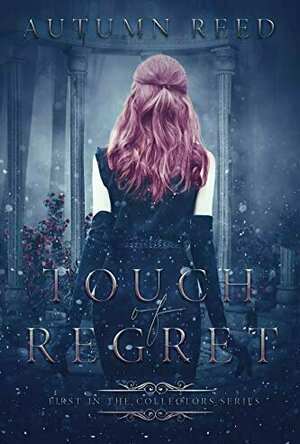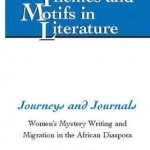
Journeys and Journals: Women's Mystery Writing and Migration in the African Diaspora
Book
Using literary criticism, theory, and sociohistoric data, this book brings into conversation black...
Lyndsey Gollogly (2893 KP) rated Touch of Regret (The Collectors #1) in Books
Dec 15, 2020
Kindle
Touch of Regret ( The Collectors book 1)
By Autumn Reed
Review will be posted in comments via Smashbomb once read
The day I truly started to live, I sentenced him to die.
At 24, I'd resigned myself to a simple life following in my mother's footsteps. I would manage the antique shop she left me and marry a kind, stable man. Most importantly, I would never tell a soul about my psychic abilities.
But with a single, intentional touch and a vision of the past, I set events in motion that expose my secret. I'm part of a world I never knew existed, and my new allies are dismantling my carefully constructed walls.
Except, those walls had a purpose - they kept me hidden.
Now, my abilities make me a target. And my mere existence is endangering everyone I care about.
My name is Adele Rose, and I know nothing but regret.
Well I wasn’t expecting that! The first couple weeks f chapters seem very run of the mill romance but once it gets going it’s a very intriguing well written story. The characters are strong and you’re left asking more and more questions. The story is interesting and leaves you wanting to keep reading. Highly recommended!! Even with a cliffhanger!

Charming Falls Apart
Book
Allison James is a people pleaser and rule follower, but the day before her thirty-fifth birthday,...
RomCom Romantic Comedy Contemporary
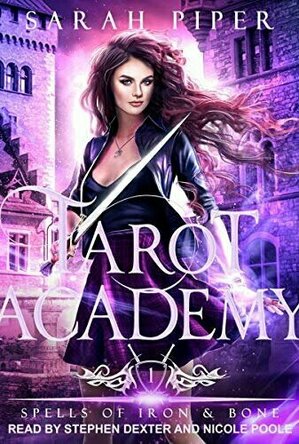
Spells of Iron and Bone
Book
Magick is real. It's also highly illegal - not that I'm worried about that. Sure, I heal faster...
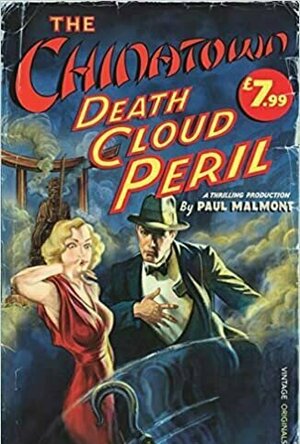
The Chinatown Death Cloud Peril
Book
Who Knows What Evil Lurks in the Hearts of Men? Take a journey back to the desperate days of...
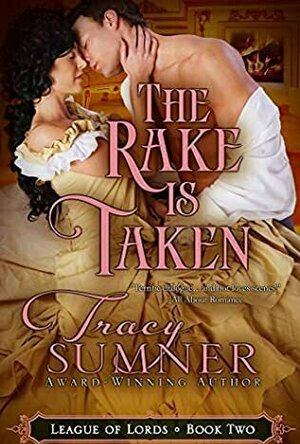
The Rake is Taken (League of Lords #2)
Book
A gorgeous psychic. An unwanted betrothal. A tantalizing compromise. An independent hellion, a...
Historical Paranormal Romance Victorian
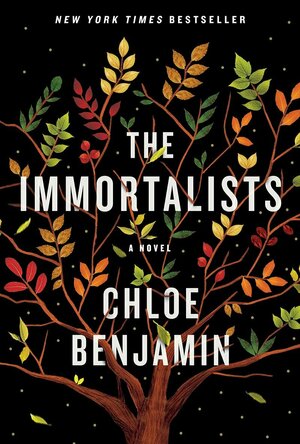
The Immortalists
Book
A dazzling family love story reminiscent of Everything I Never Told You from a novelist heralded by...
fiction
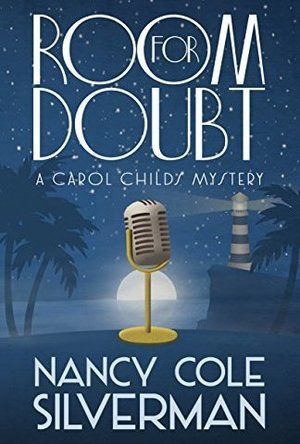
Room for Doubt
Book
When radio reporter Carol Childs is called to a crime scene in the Hollywood Hills at five thirty in...

Buried (Alex Hope, #2)
Book
‘I could hear her screams; and they made me breathless with fear. As I ran and searched, ran and...
Lesbian Crime Law Enforcement
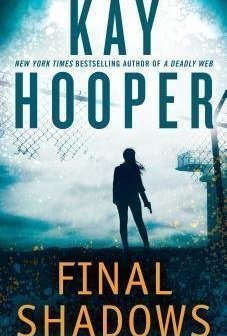
Final Shadows (A Bishop Files Novel, Book 3)
Book
A desperate underground war with the survival of millions at stake looms in the electrifying...
